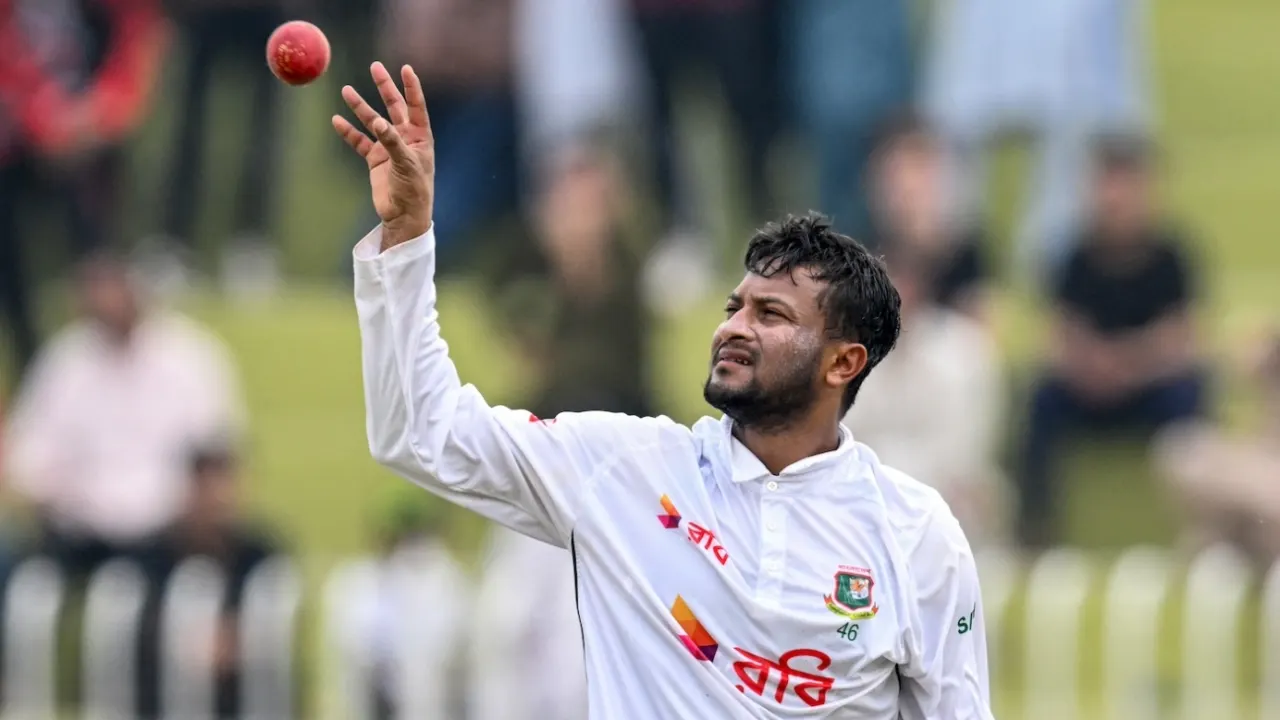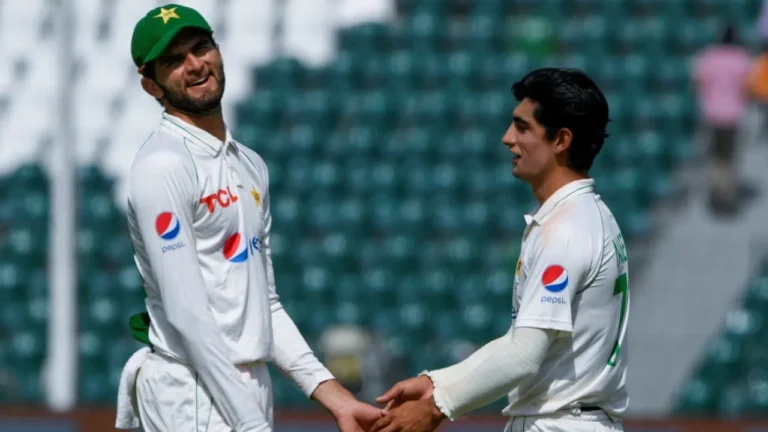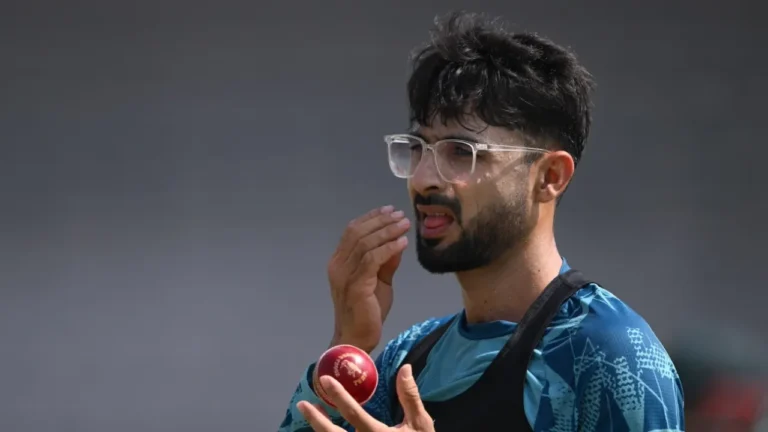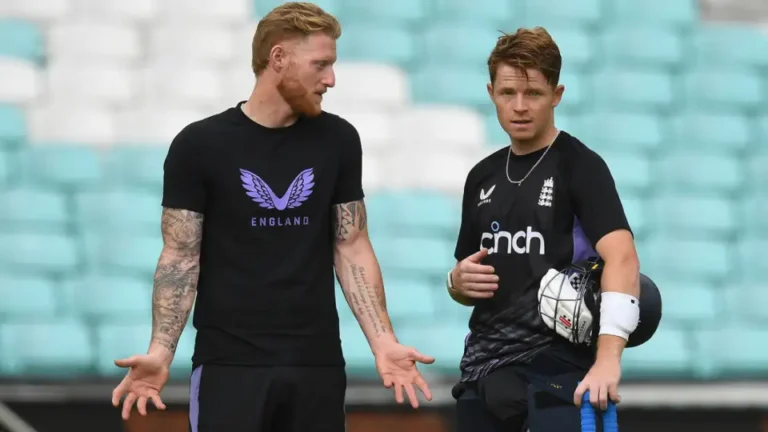The government of Bangladesh has pledged to give national cricket player and former parliamentarian Shakib Al Hasan the kind of security that a national player deserves.
Asif Mahmud, the nation’s sports advisor, claims that Shakib must also make clear his political stance in light of the recent developments.
Mahmud’s remarks follow Shakib’s sharp decline in popularity as a result of his quiet during the student-led demonstrations in July and August, which resulted in hundreds of fatalities.
The public has criticized Shakib for his ties to the Awami League, the ruling party deposed during the riots.
Since the events, Shakib has kept a low profile and has not revisited Bangladesh. He chose to play Test matches with the national cricket team directly in Pakistan and India, missing out on significant political unrest during that time.
His first public appearance since the June T20 World Cup was this one. During a press appearance in Kanpur, Shakib refrained from talking about his position on the political changes in Bangladesh.
He did, however, declare that, provided his safety is guaranteed by the Bangladesh Cricket Board (BCB) and the government, the next Test match in Dhaka against South Africa will be his last.
Shakib’s dual citizenship as a politician and cricket player has generated controversy. Mahmud emphasized this as a significant issue, saying that although everyone in the country has a right to security, including athletes like Shakib, the public’s response to the cricketer’s political ties has been conflicted.
Shakib was a freshly deposed Awami League member when he campaigned for parliament.
Mahmud pointed out that although the government can provide Shakib with security as a sportsman, more than security may be needed, given the public’s resentment of his political involvement.
Mahmud underlined that Shakib could diffuse public hostility by being transparent about his political views.
He gave the example of Mashrafe Mortaza, a former cricket captain and member of parliament for Bangladesh, who had openly discussed his political predicament.
Mahmud invoked the example of former prime minister Sheikh Hasina, who was forced to leave the nation during a prior political upheaval, to warn that no protection could protect Shakib if a sizable percentage of the populace remained dissatisfied with him.
Shakib’s case is further complicated by the murder case in which he is implicated, which is connected to the student protests.
Following the demonstrations, Shakib was involved along with 146 other Awami League ministers and parliamentarians, who were all arrested.
Mahmud minimized Shakib’s possible legal dangers by citing previous remarks made by legal advisor Asif Nazrul, who implied that an arrest does not necessarily follow a name being included in a case. Nazrul added that if Shakib is not proven involved, his name can be struck off the case.
Despite security guarantees, Shakib will return to his family in the US following the next Kanpur Test.
Additionally, he declared his retirement from Twenty20 Internationals, and he will not be included in Bangladesh’s team for the three-match series that begins on October 6 against India.
Shakib’s public image is still uncertain, with his international career ending and tensions in Bangladesh’s political system continuing.
Nevertheless, his legacy will define how well he handles these conflicting responsibilities as a politician and cricket player.



